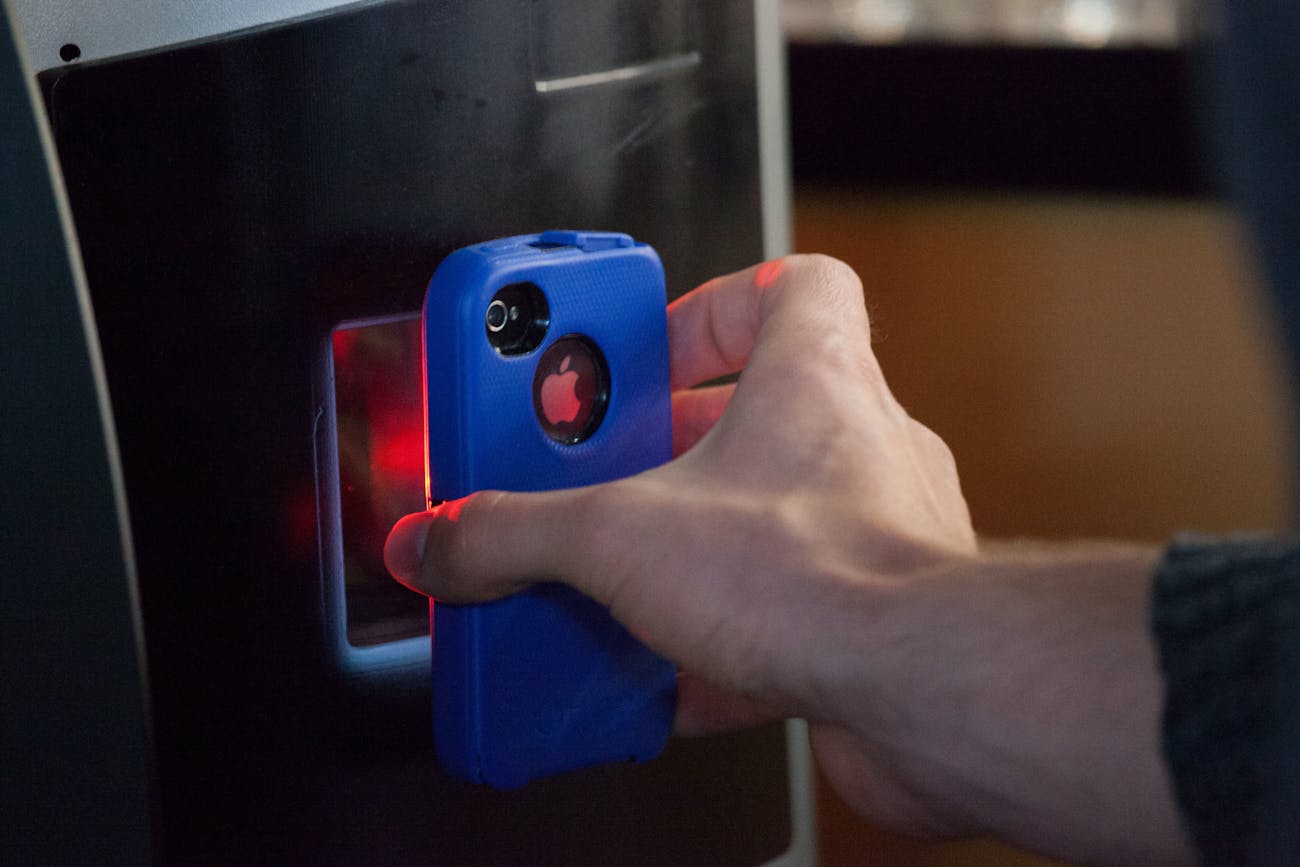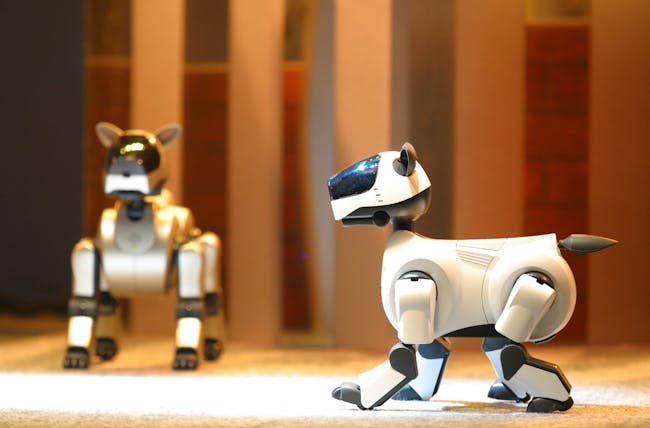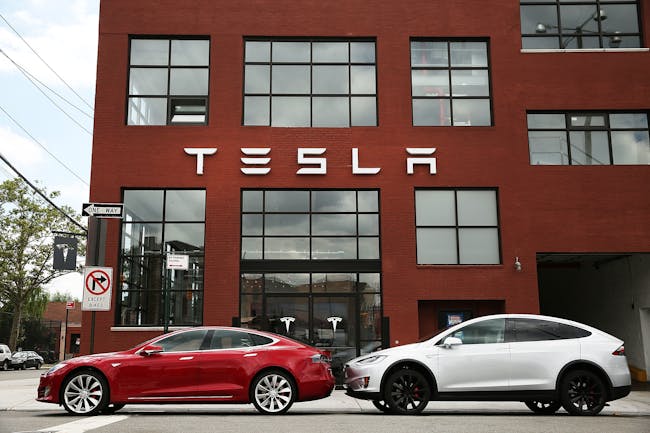Cyberism In The Future Life Part 1
25.Cooking
Cooking is perfectly suited to A.I., since it basically just requires knowledge of how a list of ingredients get combined in different ways, in different amounts. Products like the Hello Egg can not only help find and execute recipes more easily, but watch your eating and cooking habits to design meal plans that improve health. True, some past experiments in getting A.I. to design tasty meals haven’t gone so smoothly, but don’t forget that IBM is on the case now, and Chef Watson likely has some inventive new ideas just around the corner.
24.Shopping
It might not work quite right just yet, but Amazon’s quest to make physical shopping even less hassle than online is only possible at all thanks to the advanced A.I. technology behind it. Online shopping algorithms are a dime a dozen these days, but one fascinating project from Pinterest could expand the idea to the physical world. Prediction will also play a bigger role than ever, as everything from Etsy to Amazon itself begins using A.I. to suggest the perfect product to shoppers, and to make sure that product is stocked up, back at the warehouse..
23.Paying For Things
Terribly named as the aforementioned “Pay With Your Face” technology may be, it could also save an incredible amount of time. Advanced A.I. face recognition algorithms will soon be quick enough and cheap enough to support millions of transactions per day, but machine learning can teach a computer to recognize more than faces. Wells Fargo and others plan to secure some financial transactions with equally advanced “biometric” analysis of a user’s voice.
22.Running a Business
It’s admittedly a little difficult to trust anyone who genuinely thinks the phrase, “Pay with your face” is going to take off, but Alibaba’s Jack Ma has a compelling point in the above talk: in the coming decades, the world’s best CEOs might just be robots. If management is the process of noticing and properly assigning talent, then an A.I. might well be better able to do that. Then again, others like Singularity University’s Nell Watson think that the rise of A.I. might make people so capable of organizing on their own that managers become less important, altogether.
21. Picking a Date
Now, this is crucially different than landing a date, though with a good-enough algorithm that might be made easier, as well. The idea is that A.I. could get to know you well enough to essentially do the Tinder swiping for you. Tinder chairman Sean Rad was recently quoted as saying the company wants the app to notice that a user is looking for something to do, so it can “pop up and say, ‘There’s someone down the street you might be attracted to.” She’s also attracted to you. She’s free tomorrow night. We know you both like the same band, and it’s playing — would you like us to buy you tickets?’”
 20.Dating
20.Dating
 It’s tough being out in the game, and some people just need practice. While an A.I. will (hopefully) never offer a real replacement for human interaction, it could soon offer a pretty good test run. A.I. chat-bots are starting to crop up, ostensibly to provide training in basic interaction with the opposite sex. Don’t think it could work? Cleverbot has already managed to successfully chat up a fair number of ladies on OKCupid.
It’s tough being out in the game, and some people just need practice. While an A.I. will (hopefully) never offer a real replacement for human interaction, it could soon offer a pretty good test run. A.I. chat-bots are starting to crop up, ostensibly to provide training in basic interaction with the opposite sex. Don’t think it could work? Cleverbot has already managed to successfully chat up a fair number of ladies on OKCupid.18.Raising a Pet
A.I. won’t replace the experience of having a child anytime soon, but what about a pet? The constant, loyal presence of a furry friend can be just what some people need to get through the day, and an A.I. companion could even play soothing music at the same time. Not only are household robots becoming cute, lovable, and even vulnerable, but their minds are starting to be able to replicate some of the most crucial aspects of pet intelligence. It’s not just about loyalty — soon, A.I. will be able to grow up with you and form a lasting connection as its personality evolves before your eyes.
17.Making, Criticizing, and Discovering Music
Pandora long ago sold the public on the idea that computers can break music down to its components, then analyze those components to find similar music in the future. What’s intriguing about the A.I.-powered future for this idea is that with new technologies available, curators no longer need to wait for a listener’s active feedback on songs. A.I. can already analyze music well enough to create its own human-inspired songs, and that ability to dive into things like genre will be crucial to wider applications. In particular, Google’s Magenta seems to be building the sort of robust understanding necessary to create A.I. music curators, and even A.I. music critics.
16.Betting

The rise of A.I. could completely upend one of mankind’s oldest professions: bookies. It’s one thing to ban card counting in casinos (either with a biological brain or an A.I. neural net) but quite another to restrict bets made remotely. How will an unassisted human being beat the odds, in a world where an A.I. analyst can take into account every shot a basketball player has ever made (or missed)? A.I. can come up with its own novel predictions based on data, or it can aggregate the predictions of experts. Either way, it’s questionable how much of a future human competitors will have in picking winning options, or even complex games of skill, like poker. In the future, the only time a human could “beat” a machine in a game of chance could be when playing a slot machine.
 15. Political Analysis
15. Political Analysis
Right now, there are A.I. working to discern the inner workings of Donald Trump’s mind, and to intelligently aggregate his many gaffes into a coherent news feed. With the public up in arms about the idea of bias in news, there could very easily be a swing toward a (seemingly) less biased alternative. As always, the Japanese are ahead of the robot game when it comes to artificial newspersons.
 14. Road Trips
14. Road Trips
Elon Musk loves to talk about self-driving road trips, and he should; by letting people sleep on the freeway, self-driving cars could make short-distance flights far less necessary. This is probably the most sought-after aspect of fullyautonomous cars, more even than the elimination of driving during the daily commute to work. It could totally change the nature of mid-range travel, and allow the creation of a new class of mobile workers who literally never settle down, at all.
13. Making Traffic Fun
By now most people are aware that self-driving cars will dramatically reduce the amount of time spent in traffic, but when fully autonomous vehicles hit the roads and allow drivers to totally forget the road, a whole new portion of the day can become productive. What used to be a mandatory 45-minutes spent staring at the tarmac may soon be 20, spent reading a book or chatting with friends. In the video above, we can see how computer scientists are already thinking about how to take advantage of a self-driving revolution that hasn’t even happened yet.
 A.I. helpers like Siri and Google’s new Assistant have always at least attempted to help their users schedule their various appointments, but it’s only with the very recent introduction of artificial intelligence that these projects have managed to do more than remember past appointments and repeat them. Now, and especially in the near future, A.I. can read and understand your conversations to actively pull out scheduling info. If someone says that you should hang out next Thursday after the show you’re both attending, machine learning algorithms can now parse these references to pull out their real meaning, and suggest a scheduling point at the time you actually want.
A.I. helpers like Siri and Google’s new Assistant have always at least attempted to help their users schedule their various appointments, but it’s only with the very recent introduction of artificial intelligence that these projects have managed to do more than remember past appointments and repeat them. Now, and especially in the near future, A.I. can read and understand your conversations to actively pull out scheduling info. If someone says that you should hang out next Thursday after the show you’re both attending, machine learning algorithms can now parse these references to pull out their real meaning, and suggest a scheduling point at the time you actually want. 















No comments